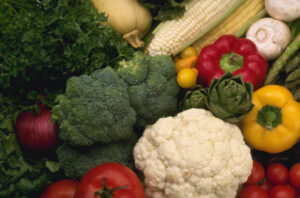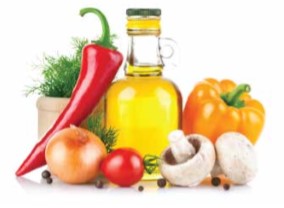Type of activity: Muscle Building and Weight Lifting
It is vital to bear in mind that, regarding the health of your body, exercise does not build muscle but rather that action is a tearing down of muscle. It is through nutrition and rest that muscle tissue repairs, then rebuilds and becomes stronger.
Its exercise is not accompanied it proper nutrition and rest, a wasting can result from the wear and tear of the muscle. The muscle tissue may rob the organs vital reserve of nutrients to accommodate the rebuilding at the expense of other tissue.
The objective of muscle building is the maximize muscle repair following a workout. Focus on preventing muscle soreness, cramping and fatigue.
Many people who weight lift and body build for muscle rely on protein powered drinks to preplace the protein loss in their muscle. Many of these protein powders are loaded with free amino acids and/or raw protein sources such as gelatins (boiled pig skin- yuk), and soy bean powder. Additionally, diets high in protein are often recommended by the popular sport press and advertisement.
In most cases, however, there is not enough hydrochloric acid in the stomach to properly digest these proteins. Hydrochloric acid in the stomach helps digest proteins and proteolytic enzymes products in the pancreases both aid in digestion of large amounts and sudden inflex of protein into the system. This commonly results in flatulent, bloating, and fullness in the stomach and intestines and reveals a putrefaction of protein the gut. This kind of action creates a toxic environment in the gut, producing mucus that is harmful to the gut flora. If this situation continues over time these harmful bacterial alter the guts pH and an overgrowth of bacteria and yeast can occur. The result is general malabsorption of the GI (gut) tract. The intestinal ville, needed for digestion and assimilation that lining the GI tract, may become covered with this excess mucus resulting in a “paralysis of the tissue health” resulting from the undigested proteins.
SO, what to do about it? 
Quality of proteins matter more than the quantity. That is what is important. A balances diet that is comprised of whole complex carbohydrate from raw fruits, vegetables and good whole grains is important to avoid stressing the GI tract out. Vegetables low in carbohydrate are the best source to balance a diet. The lowest are asparagus, beet green, broccoli, cabbage, cauliflower, garlic, mushrooms zucchini to name a few. Vegetable with the higher carbohydrate levels, sugar quantity, should be eaten on a limited basis of three times week include chickpea, lentils. peas. Potatoes to sunflower seeds. Regarding meat and protein, the portion size should be the size and thickness of your palm. Good protein source is important to eat and should include fowl (chicken, turkey, etc.), red meat (grass fed if possible (if unbale to get grass fed or organic or choose leaner cuts of meat as your options), cold water fish, eggs that at organic or free range if possible.
Get 2-3 servings a day and eat twice this portion of vegetables or more. Good butter, coconut oil, olive oils and cottage cheese are good fats to include.
Supplement to Use
Vaculin: Cardio plus heart and muscle PMG and B vitamins for nerve conductivity.
Wheat germ oil; 6 a day on workout days and 3 a day on off days) Vitamin E complex for repair, endurance and unsaturated fatty acids.
Calcium Lactate (8 per day on work our days and 4 a day on off days) Prevents “Charlie horse” and muscle cramps, strengthens bone and supports connective tissue.
Protefood (1-2 per day) All the essential amino acids with RNA for muscle building and repair.
Zypan (1-4 with each meal, 4 with high protein meals) contains HCL plus digestive enzymes for protein digestion.
Contact me and well set you with the proper nutrition for weight lifting and muscle building. 
